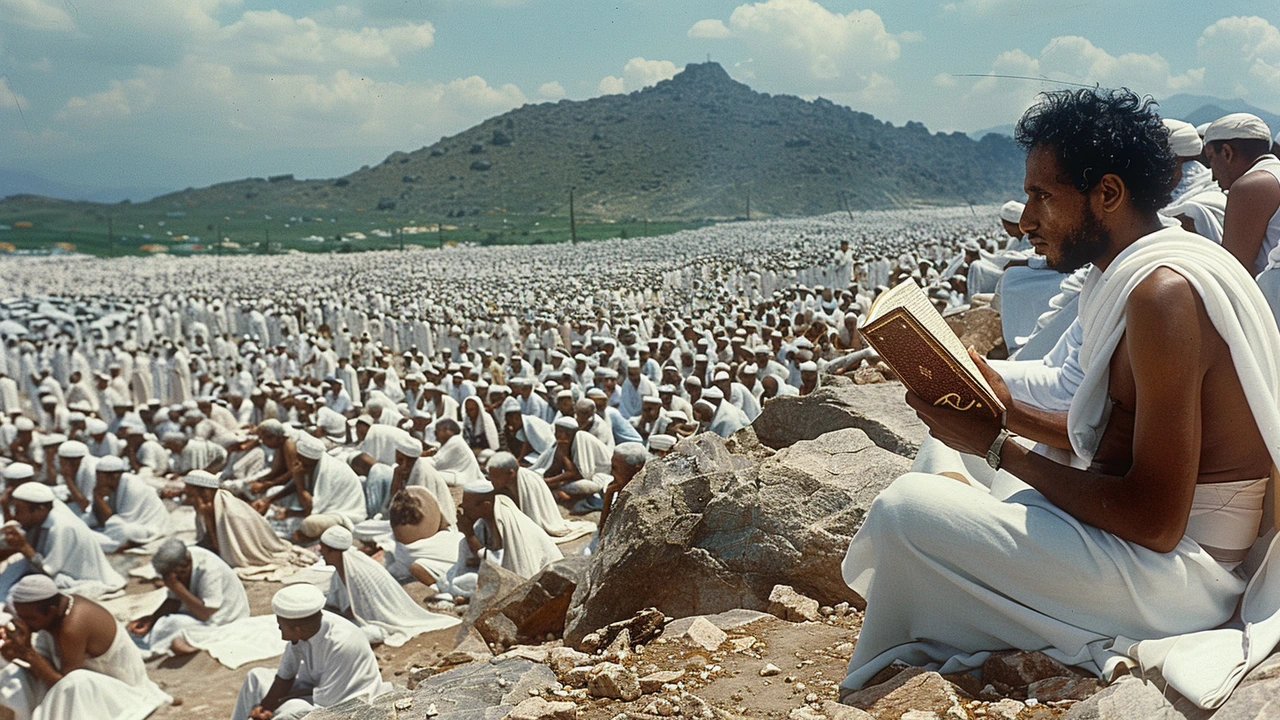Understanding Pilgrimage: More Than Just a Journey
Ever wondered why millions choose to travel long distances to sacred places? That’s pilgrimage in action—a trip loaded with faith, tradition, and personal meaning. It’s not just a simple journey; it’s an experience that touches hearts, challenges the spirit, and often transforms lives.
Pilgrimage appears in many religions like Christianity, Islam, Hinduism, and Buddhism. These travels aren’t about sightseeing or leisure. Instead, they serve a higher purpose like seeking forgiveness, fulfilling vows, or connecting deeply to something bigger than oneself.
Common Pilgrimage Destinations Around the World
Places such as Mecca, Jerusalem, Varanasi, and Lourdes attract pilgrims from everywhere. Each holds unique significance and rituals. For example, Muslims perform the Hajj in Mecca once in their lifetime if they can. Christians visit places like the Vatican or the Camino de Santiago trail in Spain to walk in the footsteps of saints.
These spots aren’t just physical coordinates; they’re filled with centuries of stories, struggles, and faith. When you stand there, you step into a living history and share a powerful human connection with countless others.
Why People Choose Pilgrimage Today
Besides religious motives, people today often see pilgrimage as a way to disconnect from busy lives and reflect. It’s a chance to slow down, meditate, or seek clarity on personal challenges. Some even find it a way to heal from loss or hardship, guided by the symbolic power of the journey.
Want to try a pilgrimage? Start by researching places that resonate with your beliefs or curiosity. Be prepared for both physical challenges and inner reflection. Pack lightly, plan carefully, and stay open to moments of unexpected insight. You’ll find pilgrimage isn’t just about reaching a destination—it’s about the transformation along the way.
Hajj 2024: Unveiling the Spiritual Essence of Arafah and Arafat
The article explores the profound significance of the Day of Arafah and the Plains of Arafat in the Hajj pilgrimage of 2024. It highlights the spiritual rituals, the importance of fasting, and the meaningful events occurring during this pivotal day for Muslims worldwide, as well as the ensuing traditions and rites.

